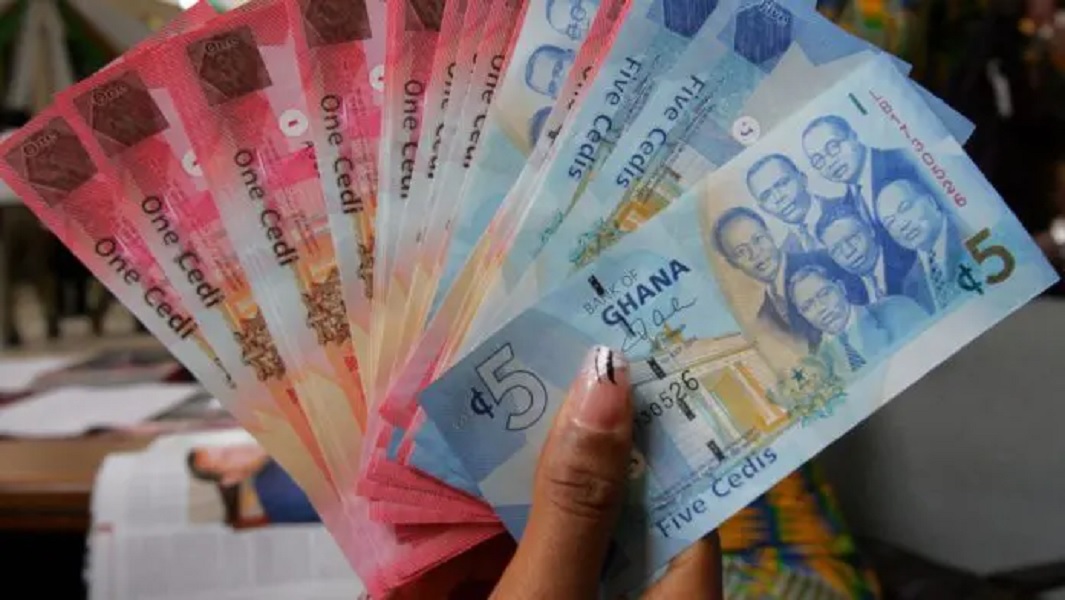The cedi extended its gains against major trading currencies last week, raising hopes that the local currency is beginning to stay steady ahead of a deal with the International Monetary Fund (IMF) later this quarter.
The currency appreciated against the US dollar, the euro and the British pound last week to extend the positive run over the last fortnight.
The rebound saw the local currency narrowing its year-to-date (YTD) losses to the US dollar, the British pound and the euro to 20.6 per cent, 21 per cent and 22.8 per cent respectively.
GCB Capital Limited, an investment bank, said in its weekly market update that the cedi gained 3.2 per cent to the US dollar on the retail market last week. It also opened this week strongly against the three major trading currencies, the firm said in the update copied to the Daily Graphic.
It, however, noted that Ghana’s gross reserve was threadbare, and the cedi remained volatile and news-sensitive.
“The prevailing uncertainty and external monetary policy developments could keep the local currency volatile until a board-level approval with the International Monetary Fund (IMF) is secured,” GCB Capital said.
Dwindling reserves
Rocked by falling reserves and large twin deficits, Ghana has been putting its house in order to help earn a US$3 billion bailout from the IMF.
The government launched a domestic debt exchange programme (DDEP) in December in which it requested investors in its cedi debts to swap their existing holdings for new ones that have a maximum maturity of five years.
The offer is optional, the government said in a January 31 release that also announced the extension of the programme for the fourth time in a row.
That release also revised the terms of the debt swap in response to protests and resistance from business associations and individual bondholders that have constituted themselves into groups.
The domestic debt programme was later extended from Tuesday to tomorrow Friday over what was described as administrative glitches.
Source: Graphic Online

